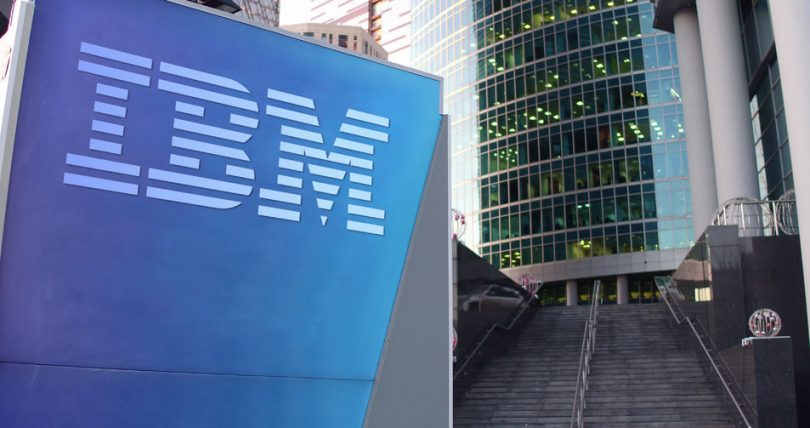Telefónica and telecoms billing
The major telecoms company is working with IBM on a proof of concept for international mobile call billing. When users make an international call, the routing of the call results in charges between phone companies in different regions. The blockchain project helps in traceability of that information between the providers. By sharing the data, it helps to prevent fraudulent behavior and reduce discrepancies. Telefónica is also a part of the Carrier Blockchain Study Group a consortium which includes many of the major telecoms companies. However, consortia tend to prioritize projects as a group. Hence quite often individual companies accelerate plans that are important to them on their own.Article continues …

Want the full story? Pro subscribers get complete articles, exclusive industry analysis, and early access to legislative updates that keep you ahead of the competition. Join the professionals who are choosing deeper insights over surface level news.
Image Copyright: moovstock / 123RF Stock Photos






